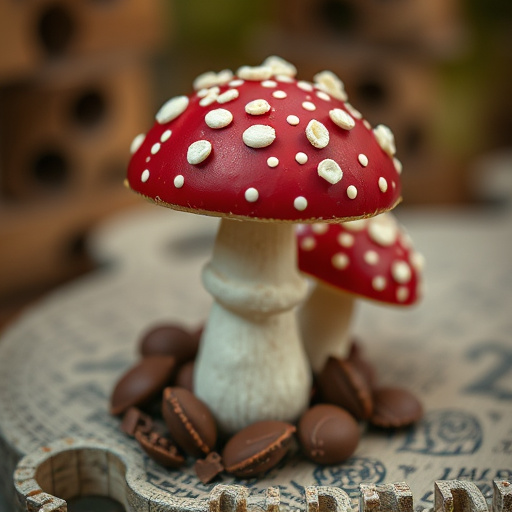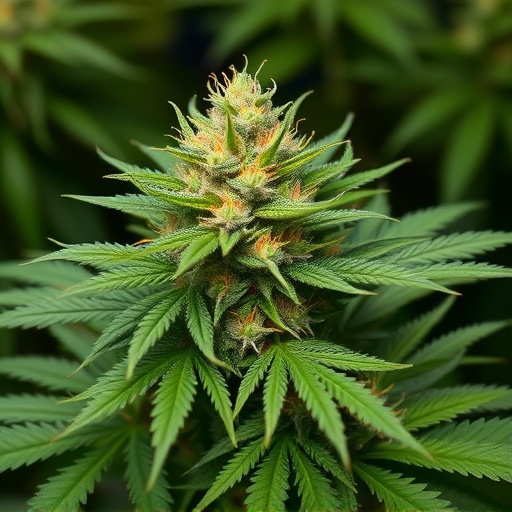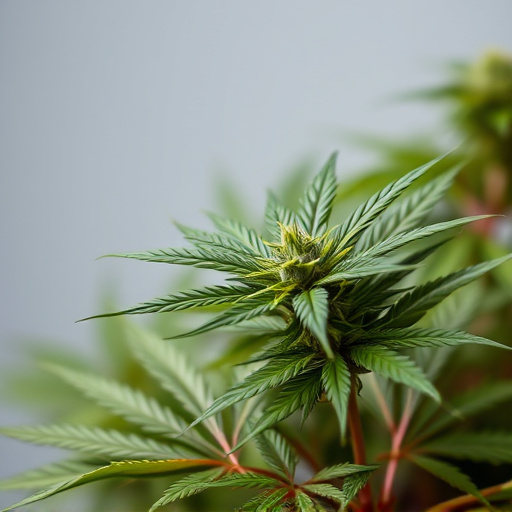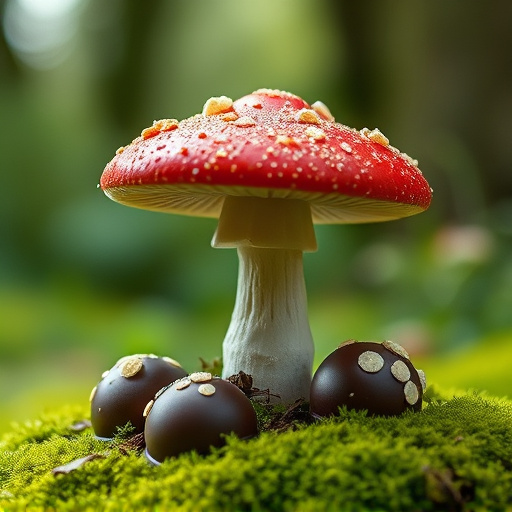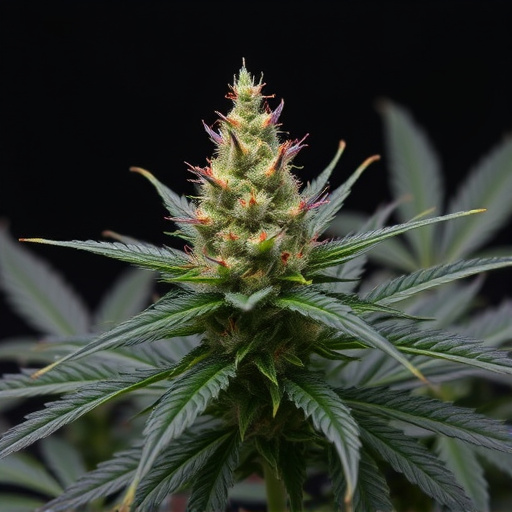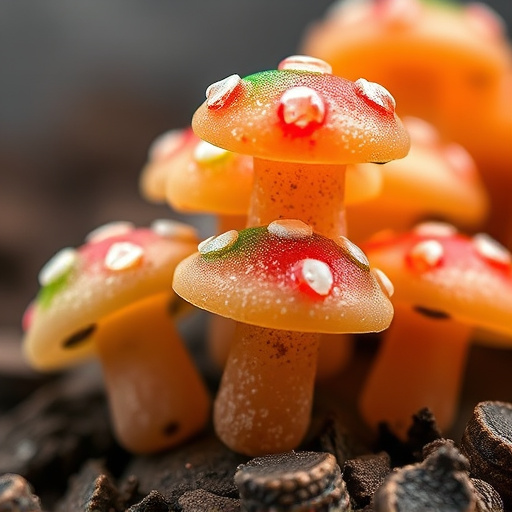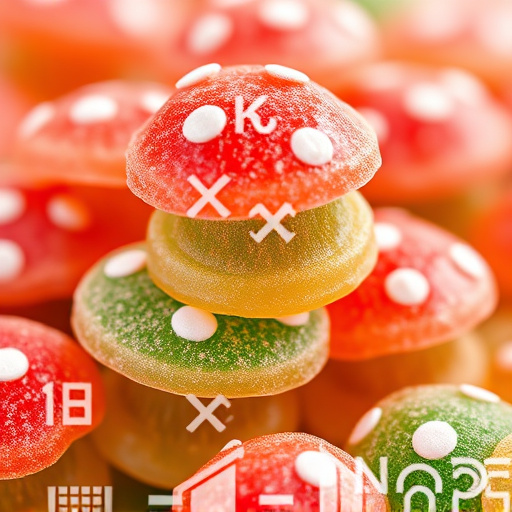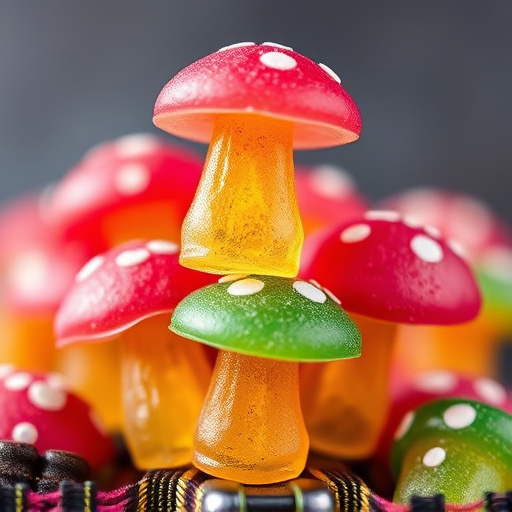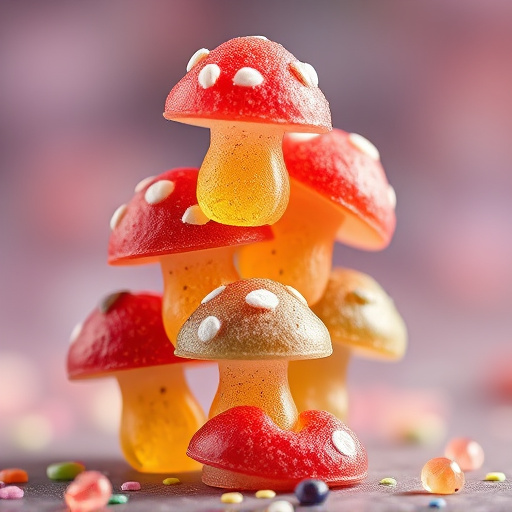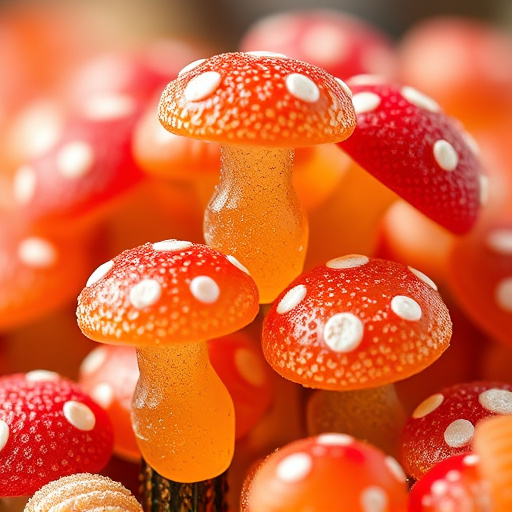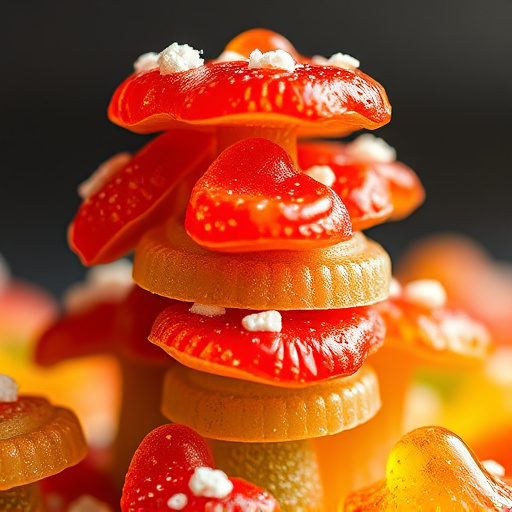Magic Mushroom Gummies represent a modern, controlled way to experience psychedelic effects, boosting creativity, sensory perception, and well-being. They stimulate dopamine levels in the brain, leading to elevated mood, motivation, and reward sensations, with therapeutic potential for treating depression, anxiety, and addiction. However, responsible consumption through moderation and professional guidance is vital due to potential risks, and their legal status varies globally.
Are Magic Mushroom Gummies the new trend in alternative wellness? With their increasing popularity, these edible treats, infused with psilocybin, are sparking curiosity. This article delves into the world of Magic Mushroom Gummies, exploring their composition, effects on dopamine levels, and potential therapeutic benefits. We also dissect the risks, legal status, and important considerations surrounding their use. Understanding Magic Mushroom Gummies is key to navigating this intriguing realm.
- Understanding Magic Mushroom Gummies: An Overview
- The Science Behind Magic Mushrooms and Dopamine
- Potential Benefits, Risks, and Legal Considerations
Understanding Magic Mushroom Gummies: An Overview
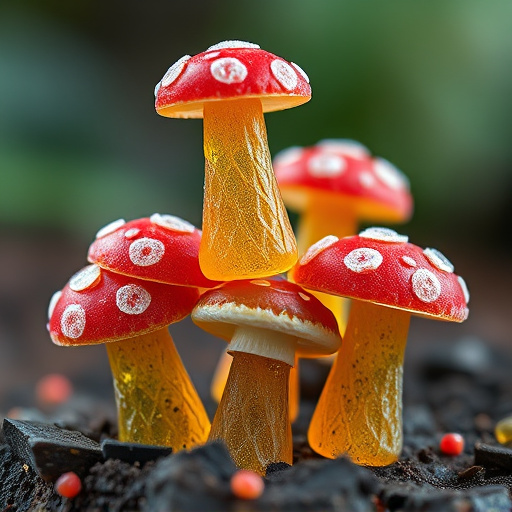
Magic Mushroom Gummies are a modern twist on traditional psychedelic experiences, offering a convenient and often more controlled way to consume psilocybin, the active compound found in magic mushrooms. These gummies are designed to provide the same psychological effects as their natural counterparts but with greater precision in dosing and a potentially less intense experience. By encapsulating psilocybin in a gummy form, users can enjoy the benefits of enhanced creativity, heightened sensory perception, and increased feelings of well-being, often referred to as positive emotional changes.
One of the key aspects that sets Magic Mushroom Gummies apart is their effect on dopamine levels. Psilocybin has been shown to stimulate the release of dopamine in the brain, leading to improved mood, motivation, and a sense of reward. This interaction with the dopaminergic system contributes to the overall euphoria and cognitive enhancements associated with psychedelic experiences. However, it’s important to note that, like any substance, moderation is crucial, and seeking professional guidance is essential for safe and responsible consumption.
The Science Behind Magic Mushrooms and Dopamine
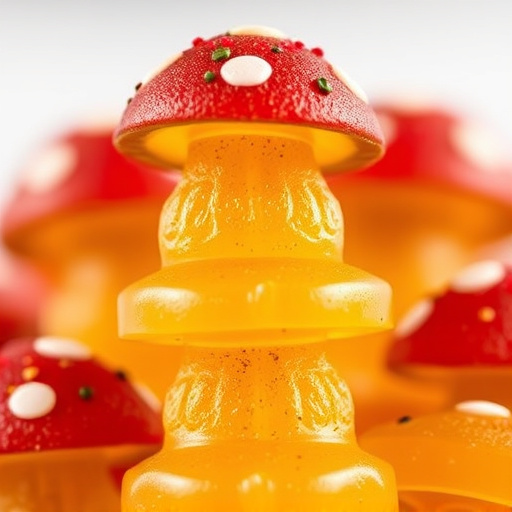
Magic mushrooms have long been associated with their psychological effects, but recent scientific research has shed light on the fascinating relationship between these fungi and our brain chemistry. The active compounds in magic mushrooms, primarily psilocybin and psilocin, are known to interact directly with dopamine receptors in the brain. Dopamine is a neurotransmitter that plays a crucial role in reward, motivation, and pleasure—it’s often referred to as the “feel-good” chemical. When these compounds bind to dopamine receptors, they can enhance its effects, leading to increased feelings of euphoria and altered perceptions.
The impact on dopamine levels has significant implications, especially in therapeutic contexts. Studies have explored using magic mushroom gummies (a popular edible form) for their potential in treating conditions like depression, anxiety, and addiction. By modulating dopamine activity, these fungi may offer a novel approach to mental health treatment. Research suggests that the experience induced by magic mushrooms could facilitate profound personal insights and emotional processing, providing a unique therapeutic benefit.
Potential Benefits, Risks, and Legal Considerations
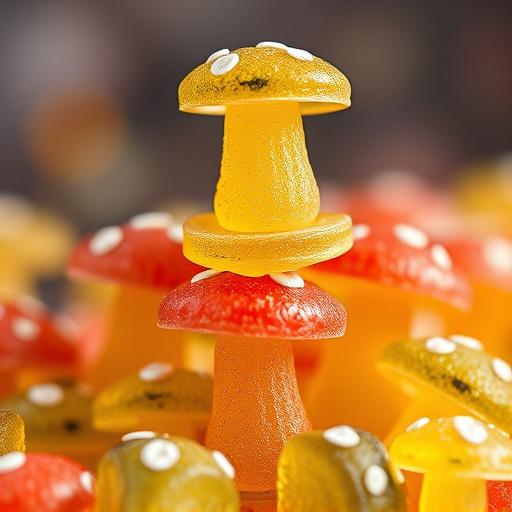
Magic Mushroom gummies, a modern twist on traditional psychodelics, offer potential therapeutic benefits, particularly in the realm of mental health treatments. Research suggests that psilocybin, the active compound found in magic mushrooms, can help reduce anxiety and depression, enhance creativity, and even stimulate dopamine levels, leading to improved mood and well-being. Some users report profound spiritual experiences and increased emotional connection, which could be beneficial for individuals dealing with trauma or seeking personal growth.
However, it’s crucial to approach these substances with caution. Magic Mushroom Gummies, like any psychodelic, carry risks, including intense psychological reactions, flashbacks, and potential adverse effects on mental health conditions. Long-term use may also lead to dependency or tolerance. From a legal perspective, the status of magic mushrooms is complex; their sale and possession are illegal in many countries, while some regions have decriminalized or legalized them for medical use. It’s essential to understand local laws and regulations before considering the purchase of Magic Mushroom Gummies, as doing so could result in serious consequences.
Magic mushroom gummies, while intriguing due to their potential impact on dopamine levels, come with a complex mix of benefits and risks. The scientific understanding of these substances is evolving, but current research highlights both therapeutic possibilities and significant legal hurdles. As consumers consider Magic Mushroom Gummies and Dopamine levels, it’s crucial to approach this topic with caution and thorough knowledge of the legal landscape surrounding psilocybin products. Further research and open dialogue are essential to navigating this fascinating yet controversial area.
